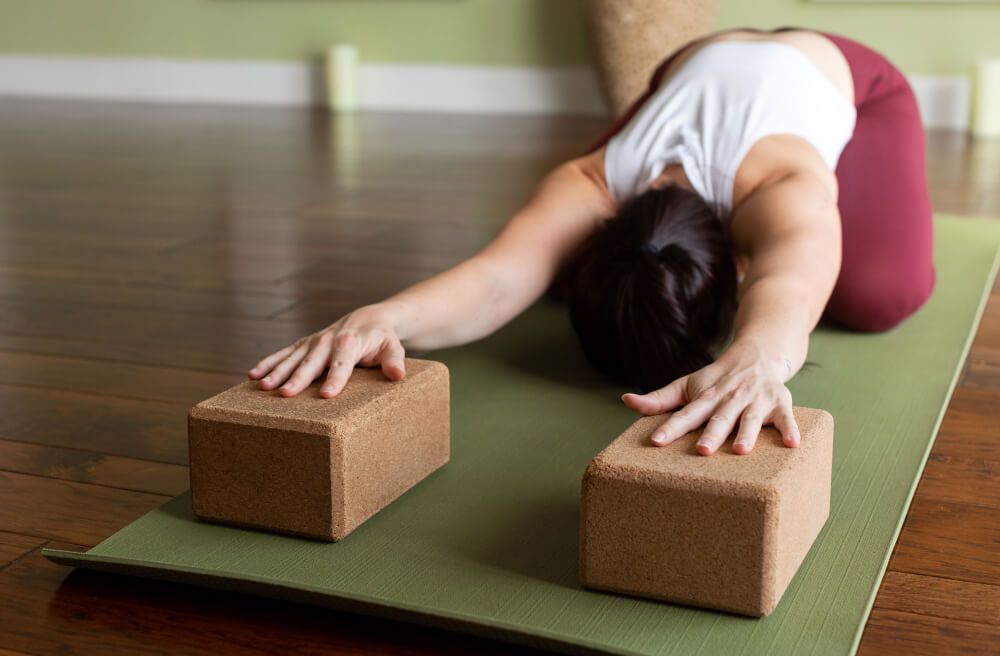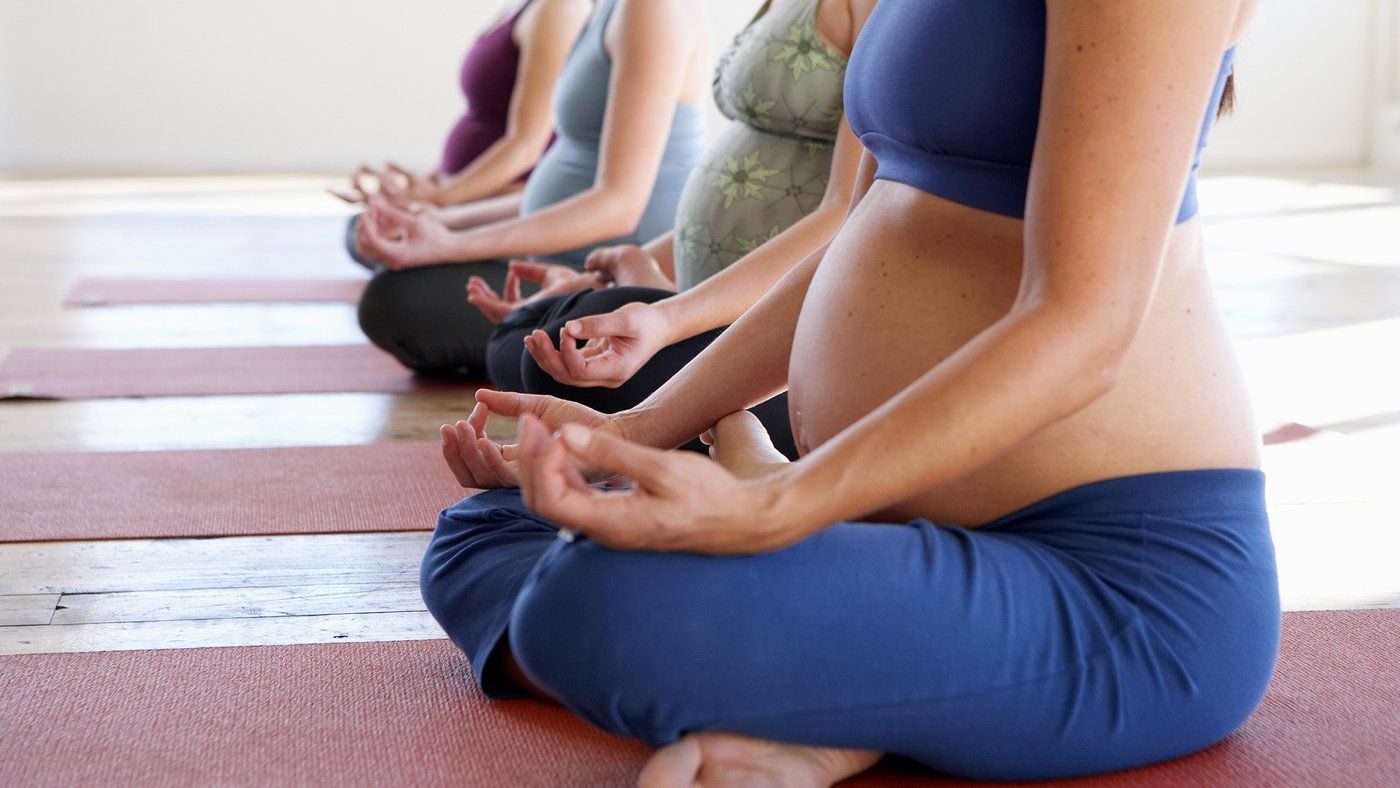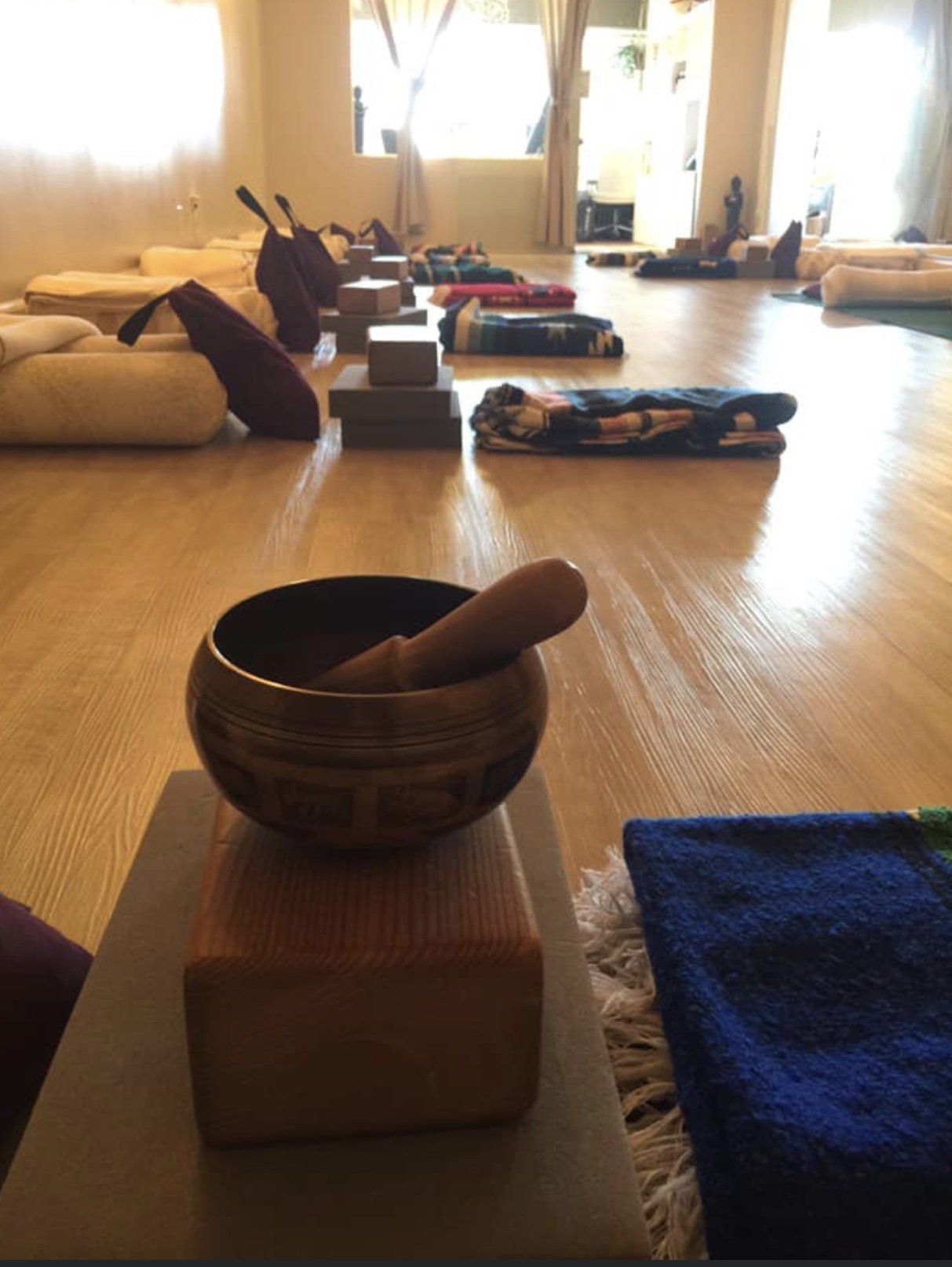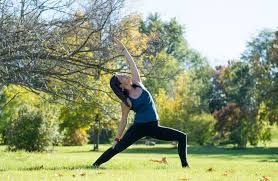SETTING NEW YEAR’S INTENTIONS INSTEAD OF RESOLUTIONS
- By Megan de Matteo
- •
- 31 Dec, 2022
- •

Happy New Year yogis! I’ve often found this time of year to be especially powerful in enhancing my yoga practice. Of course, yoga is always a powerful practice, but the gift of the new year brings deep reflection and introspection that can amplify processes of self-inquiry, expanding our spiritual awareness and commitment to yogic living.
Whether you do yoga at a studio, a gym or at home, it’s common practice to set an intention for your time on the mat. Like a new year’s resolution, an intention names something you’re seeking to attain for yourself and/or others. But unlike resolutions, intention-setting focuses less on goals and more on the journey which leads to certain outcomes. Think of it this way: Intentions focus more on internal power and long-term change, whereas resolutions focus more on external—and sometimes, short-lived—rewards.
Let there be no confusion: Intention setting should be equally as specific as setting a new year’s resolution. For instance, if you choose to set a 2023 intention rather than a resolution, being as specific as possible will help you take responsibility for what you want or need. Through clarity of intention comes a clearer path for travel during your journey.
For example, a new year’s resolution might be something like “losing twenty pounds,” whereas an intention might be “practice self-care by eating nourishing and healing foods.” Both examples are specific in their wording, but the intention of self-care requires the person setting it to change their internal attitudes towards themselves in order to practice self-love and, thus, self-care. One can see how this shift in thinking will bring positive affects beyond weight loss and will not stop once the twenty pounds are gone.
This example illustrates how intentions have the power to create an inner change in samskaric patterns of thought. Samskara, which means “impression” in Sanskrit, refers to the habits and patterns that keep us stuck in the versions of ourselves we seek to “improve” when the new year dawns. In Light on Yoga, B.K.S. Iyengar refers to samskaras as “the accumulated residue of past thoughts and actions.”
Intentions seek to address this residue from within in order to achieve change, where as resolutions most often set awareness on the achievement of something externally. The difference is subtle, but important.
In Patanjali’s Yoga Sutras, it is said that samskaras cannot be erased by simply going into the mind and clearing them away. But in Sutra 1.16, it is suggested that they can be eradicated over time by journeying inward and realizing the peace and joy that is our true nature: “The moment you understand yourself as the true Self, you find such peace and bliss that the impressions of the petty enjoyments you experienced before become as ordinary specks of light in front of the brilliant sun. You lose all interest in them permanently. That is the highest non-attachment.”
So remember, if done right, an intention will not only lead us to achieving a check-list of external improvements, it will give us the self-led support we need to realize our true nature. Pretty powerful, right? Absolutely! Not only can intention setting bring about general self-improvement, but can also lead to increased self-compassion and samtosha all at the same time. How does that sound for a good start to 2023?
What intention will you choose to take you into the new year?











